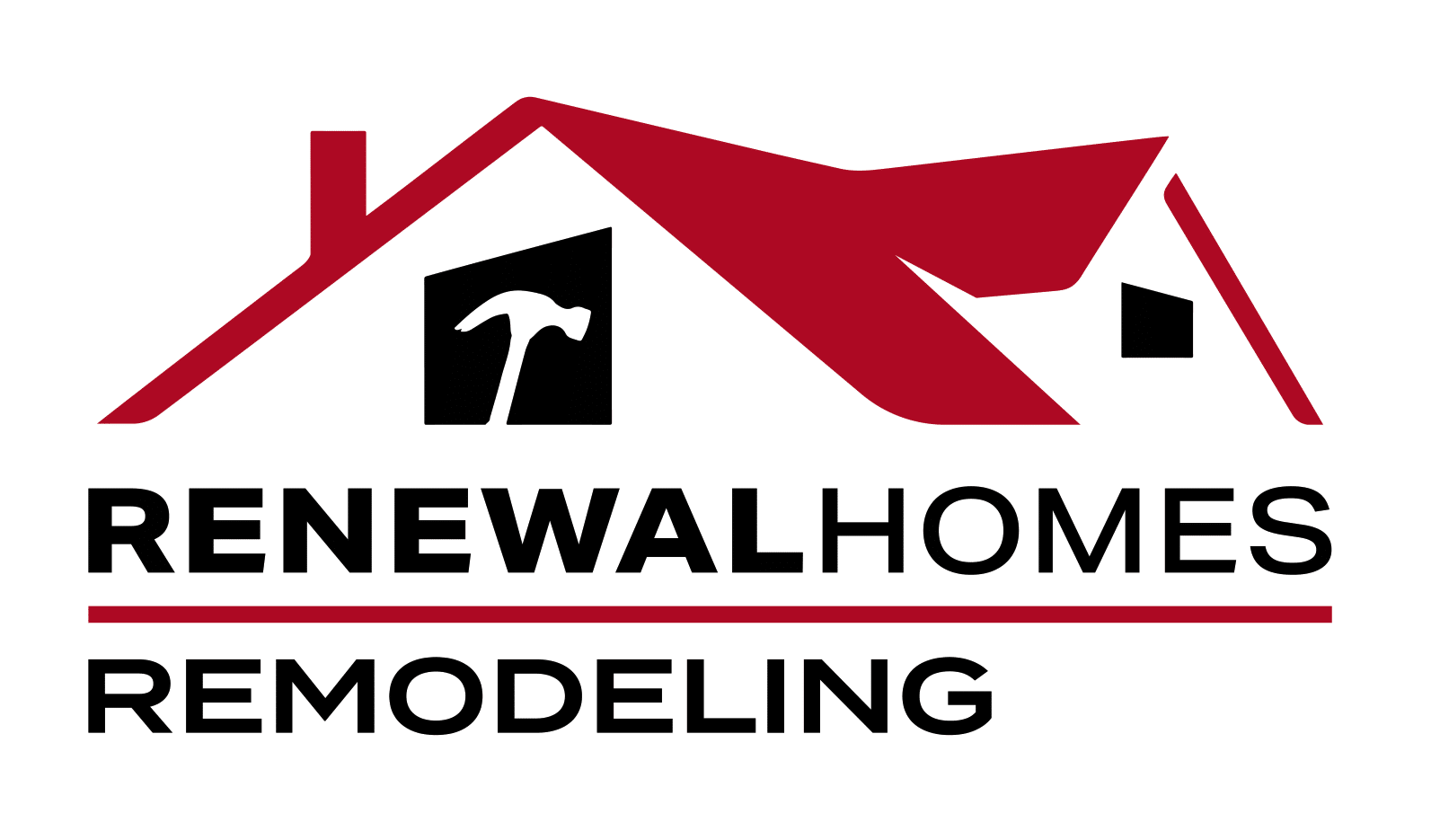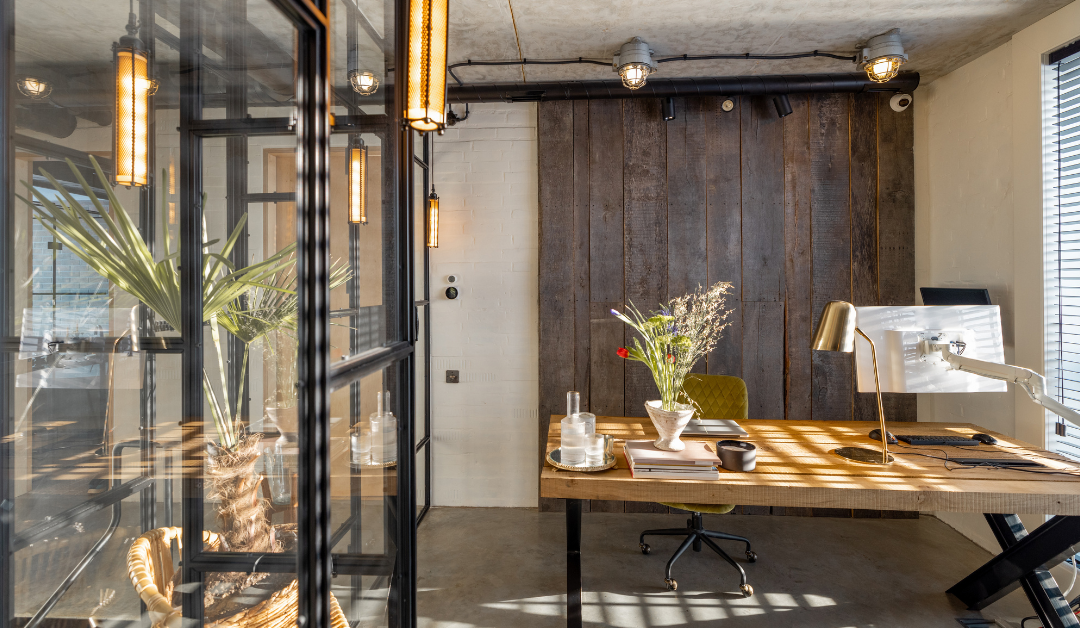As the housing market evolves and families seek innovative ways to maximize space, the concept of garage conversions has emerged as a promising solution. Transforming a garage into a functional living area presents both advantages and challenges, making it a decision that warrants careful consideration. Let’s delve into the pros and cons of this popular home renovation trend (as well as some ideas of how to use a renovated garage) to help you make an informed choice.

Pros:
1. Increased Living Space: One of the most significant benefits of a garage conversion is the expansion of usable living space within your home. Whether you opt for an extra bedroom, a home office, a gym, or a playroom, the possibilities are endless. This newfound space can enhance your lifestyle and cater to the evolving needs of your family.
2. Cost-Effective: Compared to building an extension or relocating to a larger property, a garage conversion is a cost-effective way to add square footage to your home. Since the basic structure already exists, the expenses associated with foundations and roofing are minimized, making it a budget-friendly renovation option.
3. Increased Property Value: When executed tastefully and in compliance with local regulations, a garage conversion has the potential to increase the overall value of your property. The additional living space can appeal to prospective buyers and elevate the marketability of your home, translating into a higher resale value.
4. Versatility: Unlike a traditional garage, which is often underutilized or cluttered with storage items, a converted space can serve a multitude of purposes. From a cozy guest suite to a creative studio, you have the freedom to tailor the design to suit your lifestyle and preferences.
5. Environmental Impact: By repurposing an existing structure rather than undertaking new construction, garage conversions contribute to sustainability efforts by reducing the demand for raw materials and minimizing waste. This eco-friendly approach aligns with the growing emphasis on responsible homeownership.
Cons:
1. Loss of Storage Space: Converting your garage into a livable area means sacrificing storage space for vehicles, tools, and other belongings. If you rely heavily on your garage for storage or have limited alternative options, this could pose a logistical challenge and require creative solutions to accommodate your storage needs.
2. Regulatory Hurdles: Depending on your location, local zoning ordinances and building codes may impose restrictions on garage conversions. Factors such as parking requirements, setbacks, and occupancy regulations could complicate the approval process and necessitate thorough research and planning. We’ll talk more about the specific zoning laws for Northern Virginia and the District in the next section of the post.
3. Parking Dilemma: Converting your garage into living space means forfeiting designated parking space for your vehicles. This can be a concern if street parking is limited in your neighborhood or if you prefer to keep your vehicles secured indoors. It’s essential to evaluate alternative parking arrangements to mitigate this inconvenience.
4. Potential Resale Implications: While a garage conversion can enhance your home’s appeal to certain buyers, it may deter others who prioritize garage space for vehicle storage or workshop activities. The impact on resale value ultimately depends on market trends and buyer preferences in your area.
5. Structural Considerations: Before embarking on a garage conversion project, it’s crucial to assess the structural integrity of the existing garage. Issues such as inadequate insulation, poor ventilation, and moisture problems must be addressed to ensure the converted space is habitable and compliant with building standards.
Garage Conversion Regulations in Northern Virginia and Washington D.C.
Zoning laws governing garage conversions in Northern Virginia and Washington DC can vary significantly based on specific jurisdictions and regulations. However, some common zoning restrictions that may prevent or complicate garage conversions include:
1. Parking Requirements: Many zoning ordinances mandate a minimum number of parking spaces per residential unit. Converting a garage into living space could potentially reduce the available parking on the property, which may conflict with these requirements.
2. Setback Regulations: Zoning laws typically stipulate minimum distances that structures must be set back from property lines and neighboring buildings. Converting a garage into habitable space may alter the footprint of the structure, potentially violating setback regulations.
3. Occupancy Limits: Zoning ordinances often impose restrictions on the number of occupants allowed in a residential unit based on factors such as square footage and bedroom count. Converting a garage into additional living space could exceed these occupancy limits, requiring approval or rezoning.
4. Building Codes: Local building codes govern the safety and structural integrity of residential structures. Converting a garage into living space may trigger requirements for insulation, ventilation, egress, and other safety features to ensure compliance with building codes.
5. Historic Preservation: In areas with historic preservation ordinances, restrictions may apply to alterations or renovations that impact the exterior appearance or architectural integrity of a property. Converting a garage into habitable space could require approval from historic preservation boards or commissions.
6. Homeowner Association (HOA) Restrictions: In neighborhoods governed by homeowners’ associations, additional restrictions or guidelines may apply to property modifications, including garage conversions. HOA covenants and bylaws often regulate architectural changes and land use within the community.
7. Permitting Process: Converting a garage into living space typically requires obtaining permits from the local building department or zoning authority. The permitting process may involve submitting detailed plans, paying fees, and undergoing inspections to ensure compliance with zoning laws and building codes.
Before embarking on a garage conversion project in Northern Virginia or Washington DC, homeowners should consult with local zoning officials, review applicable ordinances, and obtain necessary permits to ensure legal compliance and avoid potential penalties or enforcement actions. Additionally, seeking guidance from professionals such as architects, contractors, or real estate agents familiar with local regulations can help navigate the complexities of zoning laws and facilitate a successful garage conversion.

10 Great Spaces in a Converted Garage Space
1. Home Office: Convert your garage into a dedicated home office or study area. Install built-in shelving, ample desk space, and comfortable seating to create a productive work environment away from the distractions of the main house.
2. Guest Suite: Transform your garage into a cozy guest suite complete with a bedroom, bathroom, and sitting area. Add a mini kitchenette for added convenience, providing guests with a private retreat during their stay.
3. Rental Unit: Maximize your property’s earning potential by converting the garage into a separate rental unit or Airbnb accommodation. Design a self-contained living space with its entrance, kitchenette, bathroom, and sleeping area to attract tenants or short-term guests.
4. Entertainment Room: Create the ultimate entertainment hub by converting your garage into a dedicated media room or game room. Install a large screen TV, surround sound system, and comfortable seating for movie nights or gaming sessions with family and friends.
5. Fitness Studio: Utilize the garage space to establish a home gym or fitness studio. Equip the area with exercise machines, free weights, yoga mats, and mirrors to support your fitness goals without the need for a costly gym membership.
6. Art Studio: Cultivate your creativity by converting the garage into a functional art studio or craft room. Install ample storage for supplies, natural lighting, and a spacious work surface to inspire artistic endeavors and DIY projects.
7. Granny Flat: Create a comfortable living space for aging relatives or independent family members by converting the garage into a granny flat or in-law suite. Incorporate accessible features such as grab bars, wide doorways, and step-free entry for added safety and convenience.
8. Home Theater: Indulge in cinematic experiences by transforming your garage into a dedicated home theater. Install plush seating, blackout curtains, and high-quality audiovisual equipment for an immersive movie-watching experience from the comfort of your home.
9. Workshop: If you’re a DIY enthusiast or hobbyist, convert the garage into a well-equipped workshop or hobby room. Customize the space with workbenches, tool storage, and ample lighting to pursue woodworking, automotive projects, or other creative endeavors.
10. Music Studio: Cultivate your musical talents by converting the garage into a soundproof music studio. Install acoustic insulation, soundproofing panels, and recording equipment to create a private sanctuary for rehearsals, jam sessions, or recording sessions.
These garage conversion ideas offer endless possibilities for expanding your living space, enhancing functionality, and adding value to your property. Whether you’re seeking additional income or simply craving more room to pursue your passions, a well-executed garage conversion can unlock the hidden potential within your home.
In conclusion, a garage conversion presents a compelling opportunity to optimize your home’s layout and functionality, but it’s essential to weigh the pros and cons carefully before proceeding. By conducting thorough research, consulting with professionals, and considering your long-term needs, you can make an informed decision that aligns with your lifestyle and budget. Whether you’re craving additional living space or exploring sustainable renovation options, a well-executed garage conversion has the potential to unlock the hidden potential within your home. The award winning contractors, designers, and engineers at Renewal Homes DMV are ready to help you navigate the conversion of your garage space into the new living space of your dreams. Contact us today for a free quote.

